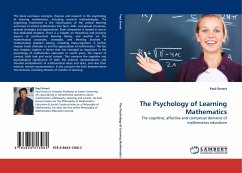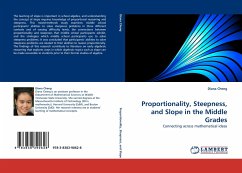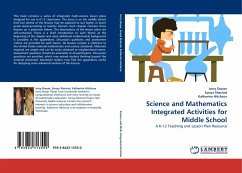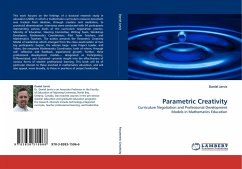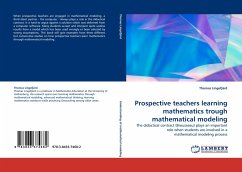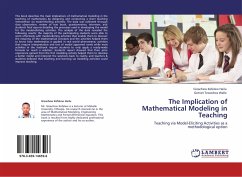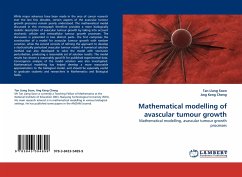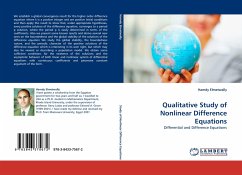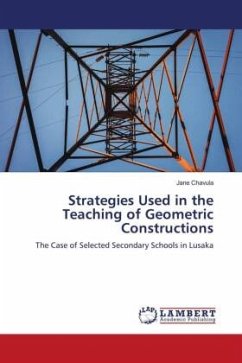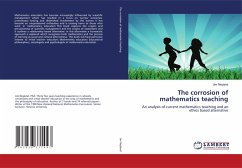
The corrosion of mathematics teaching
An analysis of current mathematics teaching and an ethics based alternative
Versandkostenfrei!
Versandfertig in 6-10 Tagen
52,99 €
inkl. MwSt.

PAYBACK Punkte
26 °P sammeln!
Mathematics education has become increasingly influenced by scientific management which has resulted in a focus on narrow outcomes, unnecessary testing and diminished involvement by the learner. It has become an unquestioned orthodoxy and is causing harm to those who work in mathematics education. This book explores the origins and pervasiveness of scientific management and the origins of assessment and it outlines a relationship based alternative. In this alternative a humanistic approach is explored which recognizes both mathematics and the process of learning as social and cultural phenomen...
Mathematics education has become increasingly influenced by scientific management which has resulted in a focus on narrow outcomes, unnecessary testing and diminished involvement by the learner. It has become an unquestioned orthodoxy and is causing harm to those who work in mathematics education. This book explores the origins and pervasiveness of scientific management and the origins of assessment and it outlines a relationship based alternative. In this alternative a humanistic approach is explored which recognizes both mathematics and the process of learning as social and cultural phenomena. This book will have particular interest to Initial teacher educators Mathematics educators Educational philosophers, sociologists and psychologists of mathematics education.



